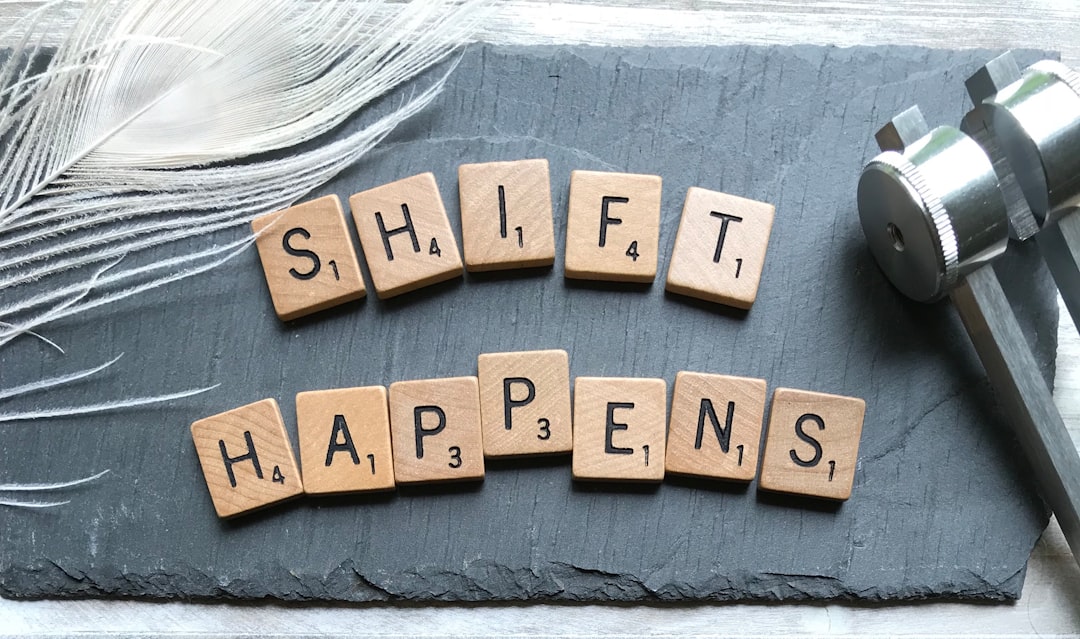
We were in a campground, standing with two of the kiddo’s friends, a brother and sister from central Maine. The kiddo was telling them about our trip to Disney World.
“Oh, that must have been fun,” the mom said in a patronizing mom voice. It was the tone so many of us get when we don’t really want to be talking to a kid right at that moment, which is kind of sad, actually, because kids have lots of cool things to say. She leaned against our car and asked, “Did you stay at the resort?”
“Fun?” The kiddo put their hands on their hips making a sassy pose and gets a big-drama voice. “They made me sleep on a chair.”
The mom’s eyes become huge and she looks at me.
“Kiddo,” I said. “You slept on a bed.”
“It was a chair.”
“Buddy, it was a nice pull-out sofa. It was super plush.” I paused and met the other mom’s eyes. “We’re having a little problem with the truth lately.”
In the kiddo’s first IEP, they labelled me as “the demon.” I’m not sure quite why, but they definitely like to retell stories and events with themselves as the victim. Since then, I’ve managed to be labelled as their iphone contact as “the mom who understands me.” The other parents haven’t fared quite so well. They are the “idiot” and the “homophobe.”
But I don’t think I deserve the nicer label. I don’t fully understand the kiddo. But I fully love them despite that.
The National Institutes of Health (NIH), defines a mental illness as “a health condition that changes a person’s thinking, feelings, or behavior (or all three) and that causes the person distress and difficulty in functioning.”
And that seems so concise and simple in a way that life doesn’t often feel.
Since we’re waiting for a neuro psych exam, and will probably wait for another six weeks, we don’t know exactly how the kiddo is mentally ill or not officially, but they’ve been diagnosed with anxiety via the school system for ages. That counts.
Anxiety isn’t what makes them lie though. And this week, we had another big dramatic bout of that after they texted their mom threatening language when she didn’t bring back the blanket the kiddo left at her house. Their mom texted screen shots of the conversation to Shaun. I volunteered to go upstairs to talk to the kiddo who was holed up in their bedroom looking at Death Note memes.
“You told your mom you wanted her to die,” I said when I came in. “Bud, we’ve talked about threatening language, right? Do you think that’s a good way to get your blanket—”
“I didn’t! She’s lying.”
“She sent the screen shot to your dad, bud.”
“She’s lying!” The voice grew big, but the body language didn’t change. They just stayed in the same position on their bed, gently holding their iPad.
Across the room, their snake stayed motionless in its cage.
“Buddy, you and I both know that your mom doesn’t even have a working computer and she’s not technically skilled like you are. She can’t fake that. She’s not good at those things,” I said, feeling a bit like the snake—motionless and stuck.
“Yeah,” the kiddo said, smiling. “She isn’t.”
“So, why did you write that?”
“Because I wanted my blanket.”
We were back to square one. Sort of. But there wasn’t any lying or yelling. That’s better than square one actually.
The National Mental Health Association believes that on any random day about one in five young people are having a mental health problem and being impacted by it.
One in five.
And more than that? About two-thirds of those kids aren’t getting help. Where we live, just getting counseling is a big deal and the kiddo sees a counselor once a week and though they are finally making a connection with a counselor (unlike before), it’s not enough. This week the counselor had a flat tire and the appointment was cancelled.
Psychologists stress that your child is not their diagnosis and that we parents need to remember that and we need to remind our kids that too. That’s pretty hard here with the kiddo who lists their diagnoses like mantras. “I’m autistic. I have ADHD. I have anxiety disorder. The problem is the ODD.”
They can say it over and over again as if it’s their entire identity.
So we try to remind them that they are other things too. They are funny, artistic, amazing at digital illustration. They are kind to their cats. And so it goes.
And I guess that’s part of it. We all have to remember that one thing doesn’t comprise our entire identity. Our child’s diagnosis doesn’t define them and it doesn’t define us either.
When your child has an issue, it doesn’t mean that you’ve failed them. If they have to get residential care, it doesn’t mean you’ve failed them. If they lie about sleeping in a chair, it doesn’t mean you’ve failed them.
One of the main reasons that Shaun and I manage to live happy is that we remember this and remind each other of it all the time. We tell each other the good things we’ve done in the day, praise instantly, and are thankful for the tiniest movements away from square one.
Most of the time, we do. We are a long way from perfect. And that’s okay, too.
If you’re looking for it, a great place to find support (or just start finding it) is Child Mind Institute, it has tons of information, in-person trainings and care centers.
But one of the most important things you can do is to allow yourself to mess up sometimes, to take it easy on. yourself, too. The love you give your kid? The patience? You deserve it as well.
When the kiddo reframes everything that happens in their life to make themselves a victim, it breaks my heart. The thing is that I see adults with no diagnoses do it all the time too. The problem with constantly casting yourself in the role of the victim is that it doesn’t give you any agency to change, to not just take responsibility, but to take control of your life.
You don’t need to embrace that victimhood. You can recognize the injustices in your life or in the system, but that doesn’t mean that you can’t make yourself a hero, a survivor, too.
Your life has value even when it feels like it doesn’t, even when you’re barely making it, even when nobody says thank you for a single email you write. You have value. Love is value enough. Existing is value, too, and if you’re reading this? You exist. And I value you. Thank you for being here on this weird journey with me.



